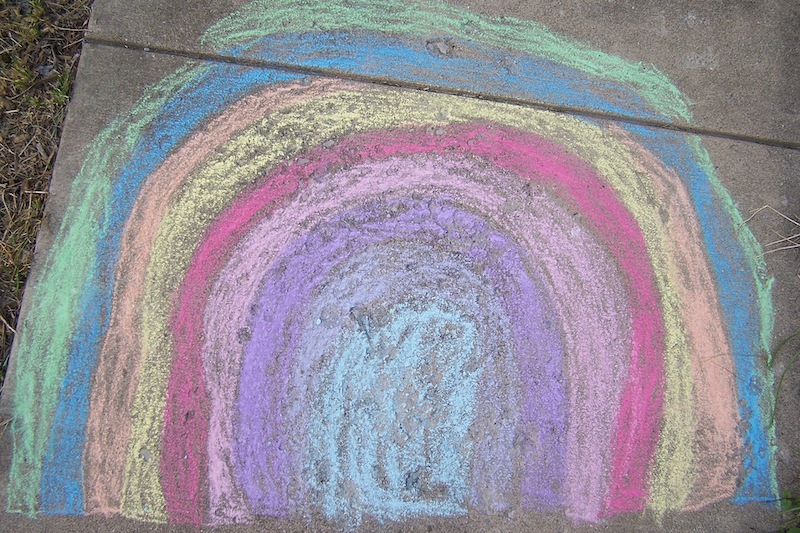Supporting Schools After Lockdown 3/7: Loss in a New Form
-
-
Emma Connor
How can therapists help children and teachers to process the losses they experienced with lockdown? What is the link between a good goodbye and a healthy hello? In the third part of her blog series supporting the reopening of schools, Emma Connor, child psychotherapist and director of Your Space Therapies, outlines the importance of ritual and ceremony, ordering trauma, and facilitating a textured experience of loss.

The Covid-19 school closure period will have washed many of the children’s worlds with sudden loss. When therapists are supporting schools to recovery, we must look at this in terms of healing after bereavement. School communities have suffered multiple losses during this time. The feeling of grief is potent, and can be triggered easily by a little taste of loss. As we grow older, we come to know this feeling and may be able to sit with it as an old companion. But for many children their first losses feel traumatic.
Ritual and ceremony in reconnection
As with any significant ‘hello’ or ‘goodbye’ in life, we should encourage schools to mark their losses with ritual and ceremony. A co-created mural of reunion or a Covid-19 time capsule – allowing each pupil to shine through the significant contribution they make – could provide wonderful healing for a school community.
Order the trauma
With any experience of loss, one of the most important steps in grieving is to order the trauma. When someone dies, we tell others the story of our loss; the process, what happened and how we felt. We then tell stories at funerals, wakes and life celebrations so that the story becomes a rich and interwoven vehicle of remembering and honouring the person who died.
The school closure period has been akin to a nicely fitting puzzle suddenly getting tossed into the air. Piecing the story back together will be incredibly helpful for children – talking about starts, ends and in-betweens of the lockdown period and what it felt like for them on each stage of the journey.
A textured experience of loss
We know from Dan Hughes and Jonathan Baylin’s Brain-Based Parenting (2012) that stressed out brains can only process in black and white. The same can occur when we feel the stress of loss. We can start to think that all the experience we had at school was good and all the time in lockdown was bad, or vice versa.
It is important for children to be able to reflect in a textured way. This might involve helping them connect memories of school and lockdown onto objects with different textures, or images of different landscapes. Activities such as these can help children unearth the not-so-happy memories and the happy ones, so they can look deeper into their experience and their brains can process in a clearer, unpolarised way.
The next transition: good goodbyes lead to healthy hellos
The children now have an experience of sudden loss and, like the losses many of us carry with us, when the next transition comes this loss may be reignited and familiar feelings may fill them up again.
It is vital we make teachers aware of this and help them to think about the next transition carefully, so children can have a ‘good goodbye and a healthy hello’.
What constitutes a good goodbye? I believe the fundamental concept is to have a firm knowledge of the impact we made on someone, so we can carry that into a new relationship and remember the significance of relationships past. Encouraging teachers to tell children the unique impact they have had on them can be truly fulfilling for the child’s heart and mind.
I am reminded of this quote from Dr. Bruce Perry:
‘The more healthy relationships a child has, the more likely he will be to recover from trauma and thrive. Relationships are the agents of change and the most powerful therapy is human love’ (The Boy Who Was Raised as a Dog, 2006).
So, reigniting relationships in the school community, enveloped with warmth, must be the centre of processing this new experience of loss.
Your Space Therapies Limited offers counselling and psychotherapy for children and families, in person and online during the pandemic. For more information about their online mental health conferences, specifically designed to support children, professionals and school communities with emotional recovery from Covid-19, visit www.yourspacetherapies.org.